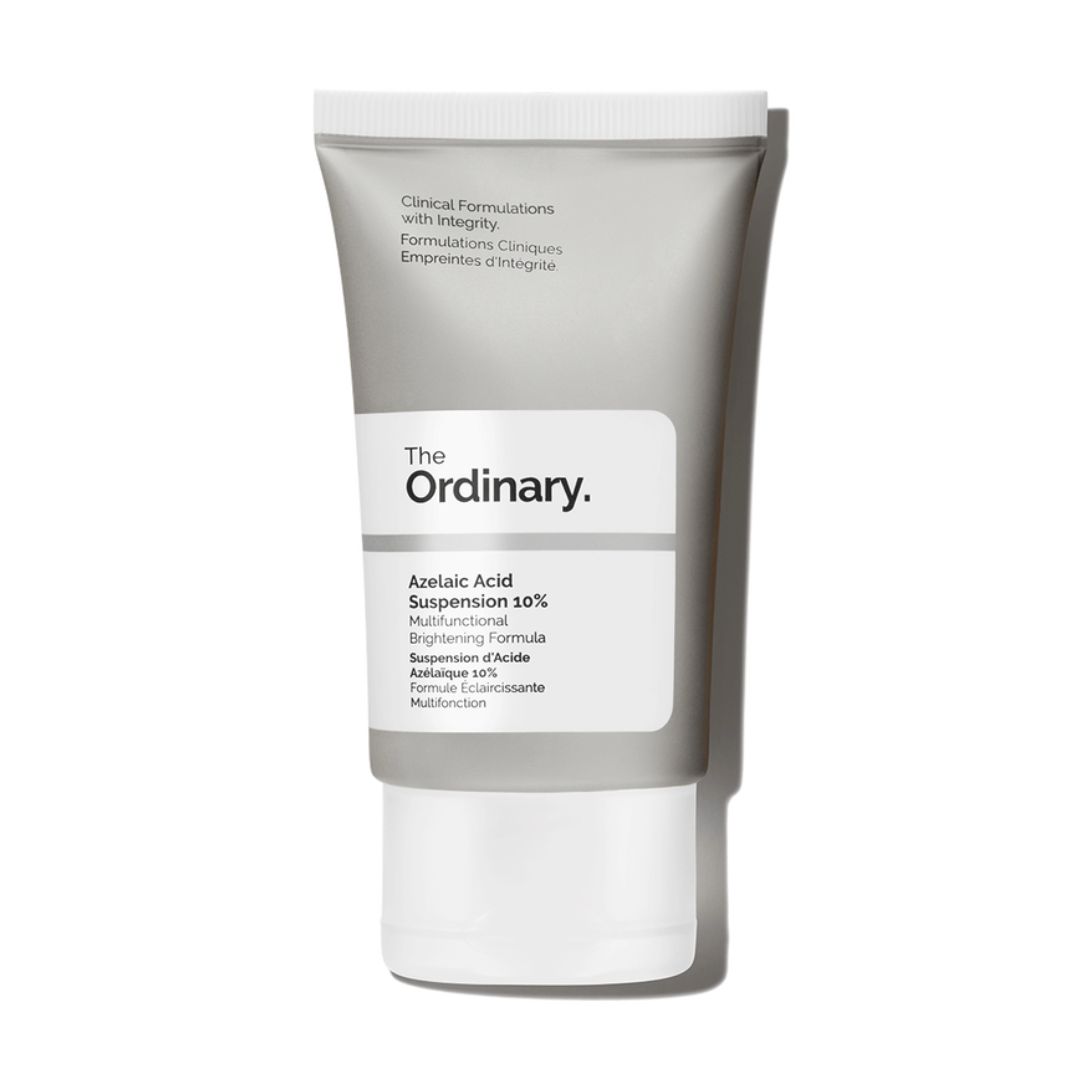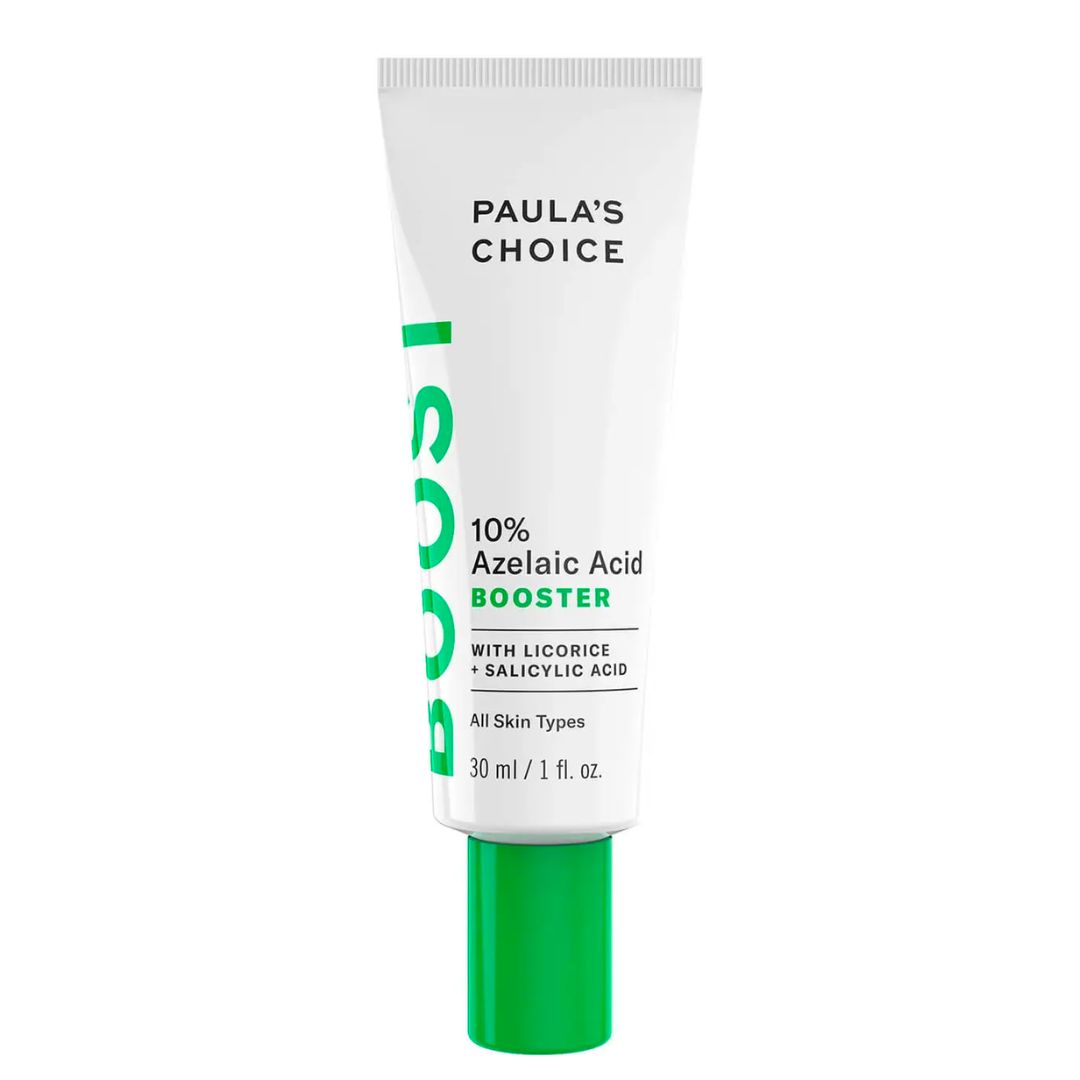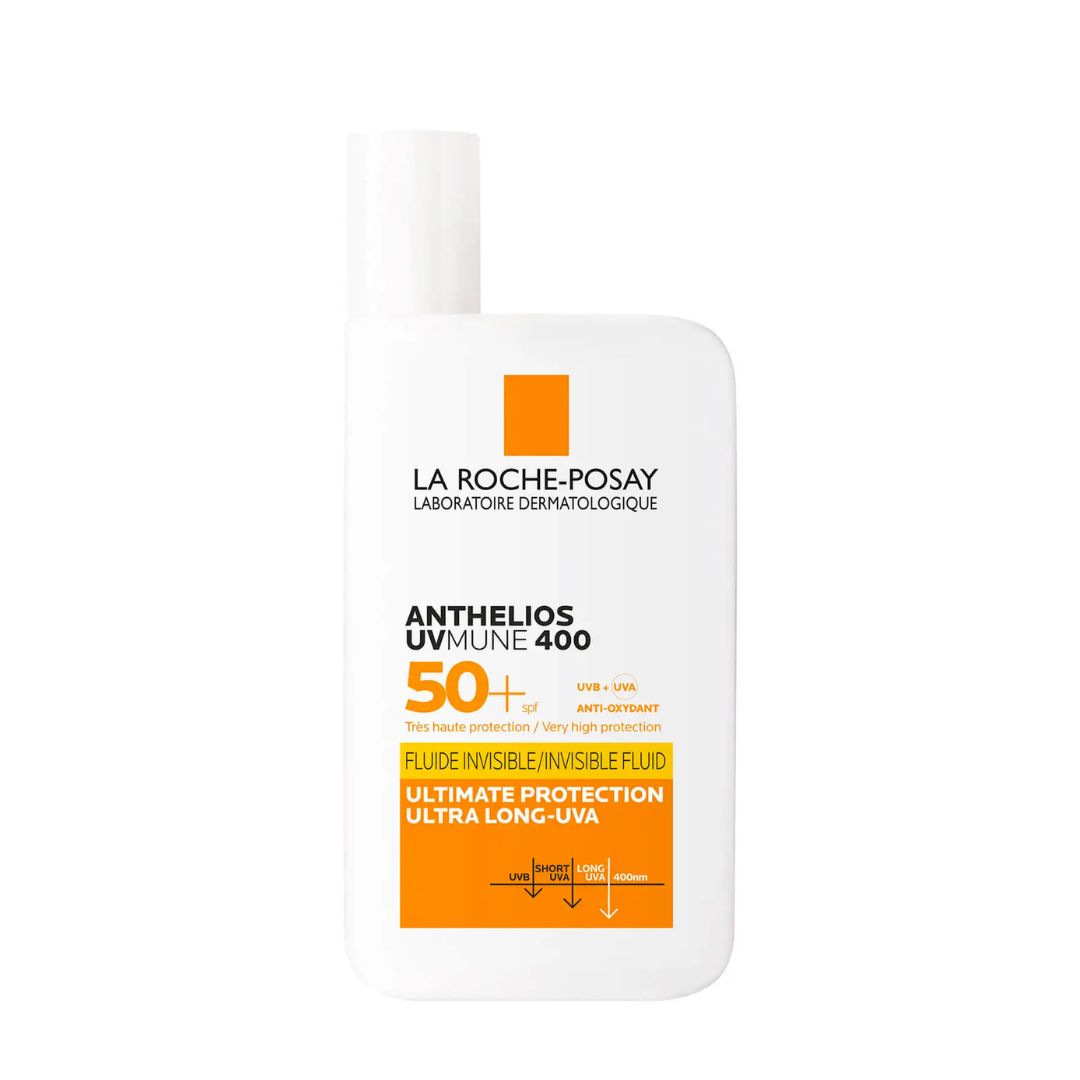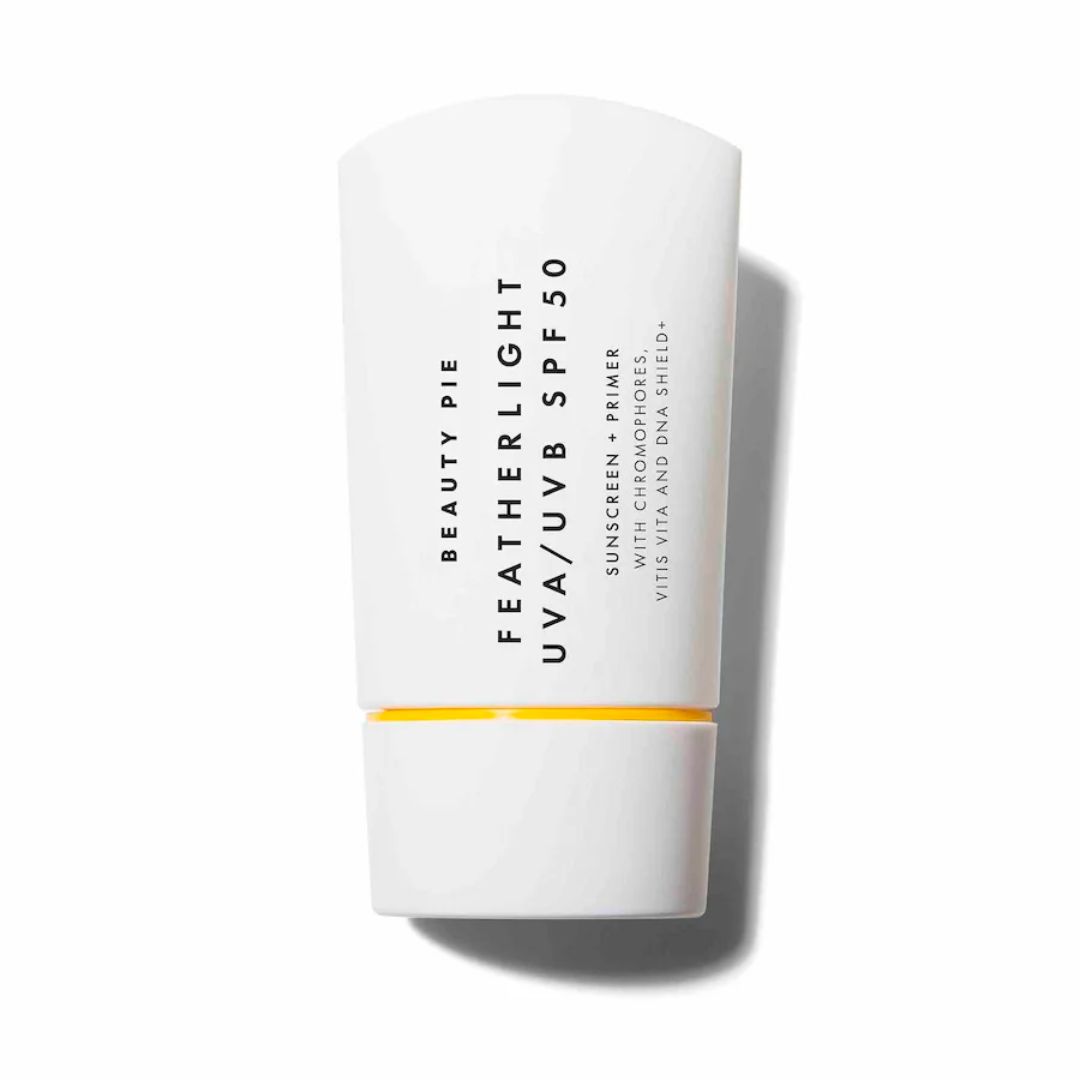I'm a brutally honest beauty editor—these are the only 6 skincare tips I think actually make a difference
Have you tried any of these tips?
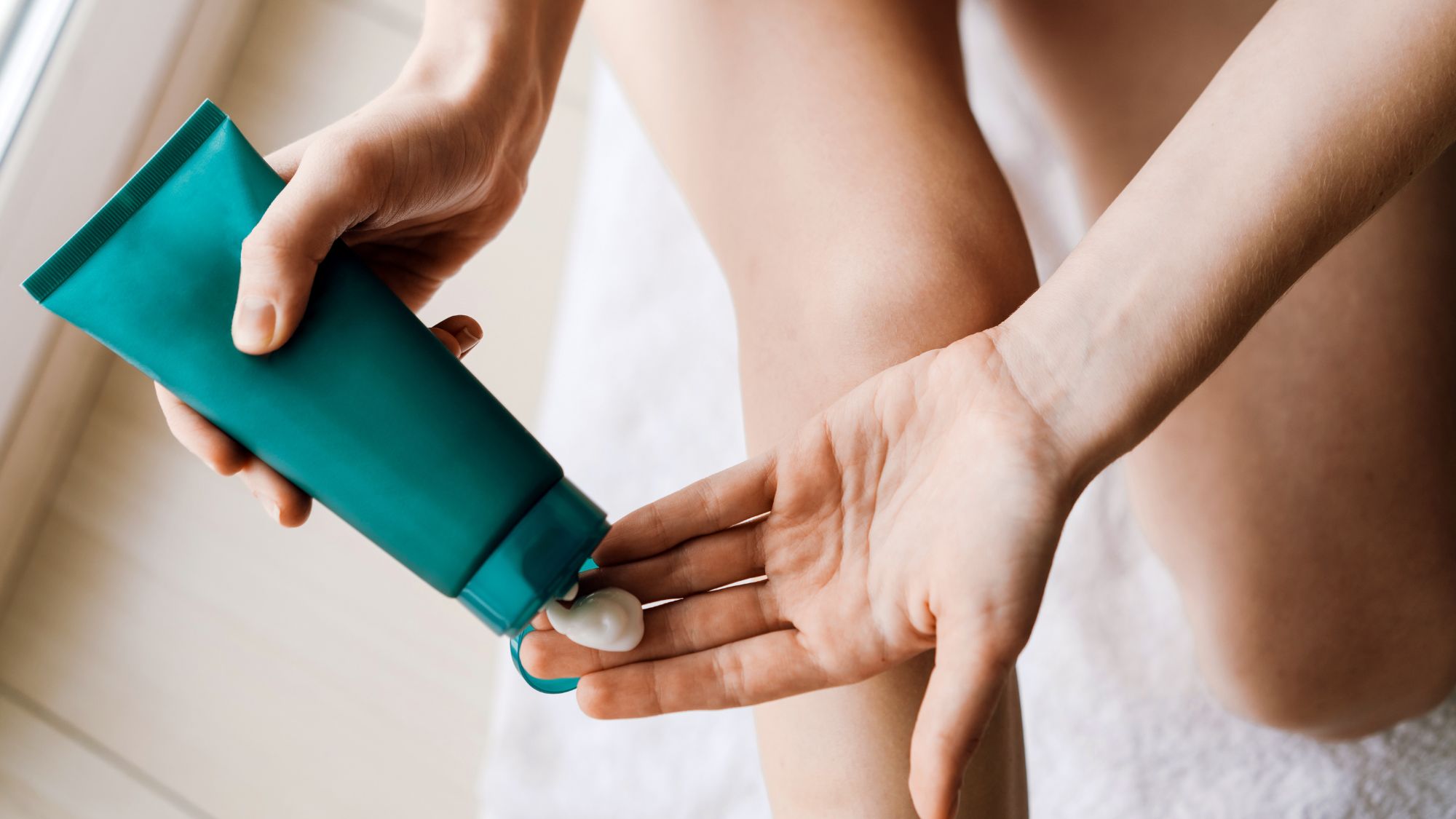
I’ve been a beauty editor for over 7 years now so I’d like to think I know a thing or two about what makes for a good skincare routine. After all, my job involves talking to the world’s best skin experts on an almost daily basis, so I’ve definitely picked up a few tips and tricks along the way.
But like with everyone’s skin journey, mine has been an ever-evolving process, which has taken a number of years to nail. Out of all that I’ve tried, there are six key things that have changed the skincare game for me. The great news? They're incredibly simple. No extensive steps or expensive treatments; just consistent swaps and changes that, over time, have dramatically benefitted my complexion.

Before I get into them, there are a few things you should know. I have rosacea (take a peek at my best rosacea products), which is currently under control with the odd flare-up and my skin is on the sensitive side. I’m pretty laid-back in my approach to beauty, whilst I’m not completely low-maintenance, I don’t want to spend hours on it either. And despite getting products for free, I do buy a lot, so I don’t want my products to be expensive or difficult to get hold of. So, here goes, the only 6 skincare tips I think truly matter.
Tip 1: Introduce azelaic acid
Azelaic acid has my heart. This is the one ingredient that has changed my skin completely and keeps it feeling and looking free-free from a rosacea flare. I don’t use a fancy azelaic acid product either, I’m dedicated to my 20% azelaic acid on prescription from my GP, with a tube lasting me 3 months+. It’s one of the cheapest and most hard-working products I’ve used.
The reason it works so well for my rosacea is because azelaic acid isn’t like your standard skincare acid in how it exfoliates. Instead, it helps to decrease the production of keratin and break down excess keratin, leading to decreased breakouts. It also has antibacterials and antimicrobial properties, making it an all-round excellent product.
Tip 2: Removing exfoliating acids and retinoids from my routine
Yep, I'm going against the grain here but my sensitive little face doesn’t love (or need) lots of acids and retinoids to be cute, calm and content. Taking these out of my routine actually meant my skin barrier could repair and I could introduce ingredients that worked with and not against my skin. Now, I'm not telling you to take all of these (often fantastic) ingredients and products out of your routine, but if you often find your skin is irritated and sensitive, giving it a break to see what it does and doesn't like is probably a good idea.
Going hand-in-hand with this is not getting involved in skin trends. If I, as a beauty editor, can avoid skincare trends when I’m even getting the products for free and getting FOMO when my peers are talking about their glowy skin after using a certain acid, then you can too! The best skin comes when you learn to resist and say no and do what works for you. Great, comfortable and healthy skin shouldn't be dictated by skin trends.
Celebrity news, beauty, fashion advice, and fascinating features, delivered straight to your inbox!
Tip 3: SPF50, daily
There's a reason you always hear beauty editors and skin experts bang on about wearing sunscreen, and it's because it's a really important and easy way to keep your skin looking its best (not to mention prevent skin cancer). I now don’t even mess around with SPF30; it’s SPF50 every single day. I’ve been consistent with this for about four years now, making sure to reapply in the summer months when I’m not sitting inside on my desk with my back to the window everyday. Previously I’d skip the odd day, wear factor 30 and think I was covered, but since being on it with my sunscreen I’ve had far less rosacea flare-ups and, in general, my skin has behaved better. The experts say wearing SPF is the best thing you can do for your skin and the most effective way to prevent early signs of skin ageing.
The trick to being consistent here is by getting a sunscreen that you love to use and is within your price range (to make sure you use enough daily and aren't stingy), which is absolutely doable, I promise. There are so many great formulas out there now to suit a variety of skin types, tones and preferences. None of that thick, greasy stuff we used to apply years ago on holiday. Formulations have come a long way since, making them excellent daily additions to our routine; and one that you can actually enjoy.
Tip 4: New flannels daily
This isn't exactly sexy, but it's important. Get stocked up on muslin cloths and flannels that you can dedicate to your face and replace daily. This is something that doesn’t require much extra effort but can really help keep your face as clean as can be.
Using a muslin cloth and flannel makes sure that you're gently getting every bit of debris and make-up off your skin at night ahead of applying your serums and moisturiser. Making sure these are replaced with freshly washed ones every day means that you're not wiping that leftover dirty and bacteria straight back onto your face the next day.
Tip 5: Seeing a professional
After struggling with my skin for years with what I thought was hormonal acne, I finally got control over it after seeing a dermatologist. Even working in the beauty industry and knowing lots of wonderful experts, I managed to misdiagnose myself as having acne, when actually I was experiencing papulopustular rosacea.
With two creams, which cost about £20, my skin was transformed within about four weeks. Now, I’m not saying everyone’s journey is as quick and easy as that (I’ve certainly had ups and downs since) but when people quiz me on their skin woes now, seeing a professional is my first piece of advice. The initial expense can be an investment, but a worthy investment it’ll be.
If you want top notch advice, make sure you’re seeing a consultant dermatologist as this is the only protected term; unfortunately many experts using titles like 'cosmetic dermatologist' and 'dermatologist' haven’t had the intense specialist training that consultants have. If you're really struggling, consider visiting your GP to see if they'll refer you through the NHS.
Tip 6: Treating my skin with kindness
Okay, this one sounds kooky I know. But when skin is in a flare-up or generally misbehaving, it’s very easy to go all out using your most potent products and do the absolute most to treat it. Often though, the best route is to let your skin be and wait it out, tweaking your products and routine as needed. A lot of the time we can exacerbate our issues by overzealous cleansing or treating.
When my skin is irritated, breaking out and looking dull, it's tempting to go all in with exfoliators for that instant glow and harsh cleansers to wash away those blemishes, but this only makes the problem worse. When my skin is unhappy, I make an effort to be extra gentle and take more care with my routine. I don't prod and poke, I remain consistent with skincare and make use of the fantastic make-up sat in a drawer waiting to be used.
Tori is a freelance beauty journalist and contributor for Marie Claire. She has written for various titles, including Allure, Glamour, Elle, Refinery29, Brides, and more. Currently training to be a nail tech, Tori is a total nail enthusiast and always has time to talk all things nail art. When she’s not writing about beauty and testing products, Tori can be found walking her rescue dog Pip, drinking great coffee, and eating as many croissants as humanly possible.
